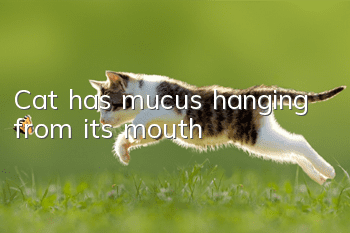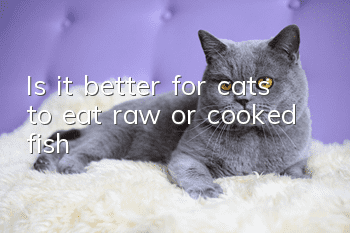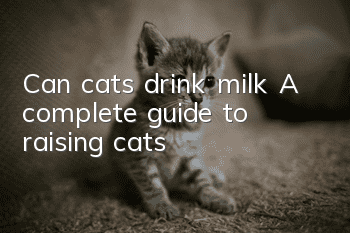How to raise a British Shorthair? Come and learn these little things!

The British Shorthair is one of the oldest cat breeds in the world. It once disappeared from the world because it was too rare. Later, it was bred with Persian cats to give us the British Shorthair we have today.
When talking about the British shorthair, the word fat blue comes to mind. The British shorthair looks cute and has a docile personality. The British shorthair is currently one of the most common family pet cats in life. If you want to raise a British shorthair, but don’t know the British shorthair? How to raise short hair, so let’s first understand the following little knowledge!
1. Healthy British Shorthairs are very vigorous and energetic. They like sports and love life. Therefore, during the feeding process, it is also necessary to prepare necessary sports toys at home so that the British shorthair can exercise and play at any time. Or the owner can also take the British shorthair cat out for a walk and exercise in his free time.
2. British shorthair dogs have a very high IQ and they are very smart. Therefore, in daily life, owners can also train and adjust them so that they can master more and better living habits and have a healthier physical and mental state.
3. British shorthair cats also like to shed their hair, so during the feeding process, British shorthair cats’ hair care must be strengthened. You should also feed cats hairball ointment regularly to help cats clean up hairballs in their intestines and stomach and take care of their intestines and stomach.
4. Since the British Shorthair’s hair is shorter, it is relatively easy to care for. Breeders only need to spend 10 to 15 minutes grooming cats every day. Then trim the cat’s toenails in 2 to 3 weeks, and clean the cat’s eyes and ears in 1 to 2 weeks. Generally speaking, it is enough to bathe the cat once every 1 to 2 months.
5. Internal organs: This is a commonplace and is most likely to cause pet skin problems, such as eczema, dandruff, itchy skin and other problems. The same is true for cats. Overeating offal (such as chicken liver) can cause vitamin A poisoning and bone problems in cats. Therefore, give them their favorite liver only after a long period of time to change the taste.
6. Fish bones and chicken bones: Some people think that cats can chew bones well, but in fact cats do not chew food, but swallow it. There is a risk of piercing the stomach due to fish bones, so it is safer to remove them. Moreover, fish bones contain calcium and phosphorus, which may cause urinary tract stones in cats if consumed for a long time.
7. Dried fish: Sun-dried fish contains a relatively large amount of magnesium, which can easily induce and cause urethral stones or urinary system diseases in cats, so try to let cats eat less. An adult cat needs about 0.3 to 0.5 grams of salt a day. Be careful not to eat too much salt in the cat's feed.
8. Human meals: Our meals contain a lot of oil, salt and other condiments, and some even contain a lot of spices. These are not suitable for feeding to pets. An adult cat or dog only needs to eat food with 5% salt content. Too much oil and salt is not good for their health. Spicy meats are even more unacceptable. Meat with fragrant and spicy ingredients will dull the cat’s sense of smell and cause gastrointestinal discomfort. For example, the most common KFC chicken, catBe willing to eat, but don't feed it.
9. For the health of your cat, you can choose natural cat food, which is made of all-natural raw materials such as chicken, beef, mutton, vegetables, whole wheat flour, fiber, etc.
- What do cats need to prepare before surgery? Be sure to remember these!
- What should a Ragdoll cat eat during pregnancy?
- What are the characteristics of Siamese cat pregnancy?
- Things to note when deworming cats
- The manifestations and symptoms of ear mites in cats, understand these knowledge and deal with them easily!
- How to prevent cats from having heatstroke in summer It is urgent to prevent heatstroke in summer
- Should a 4-month-old cat eat adult cat food or kitten food?
- How to prevent your cat from accidentally running out
- Reasons why cats poop randomly
- What to do if a Ragdoll cat loses hair. Reasons why a Ragdoll cat loses hair.



